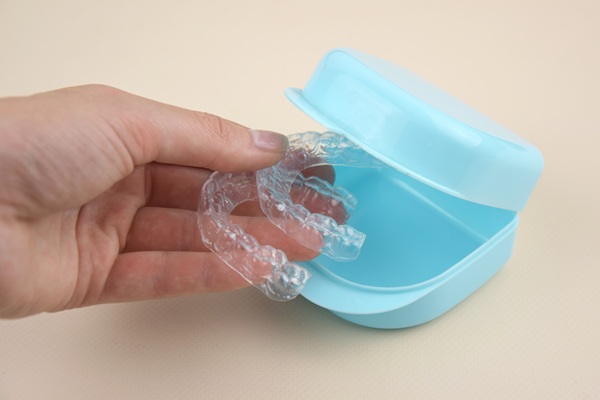Prevent Childhood Cavities by Visiting a Pediatric Dentistry
 Childhood cavities are a common occurrence, affecting as many as one in two children who still have baby teeth. Pediatric dentistry professionals across the globe strive to reduce the incidence rates of childhood caries and lay the foundation for better oral health for future generations. You, as a parent, can do your part by scheduling regular visits with your local pediatric dentist beginning as early as the first year of your child’s life. Together, you and your child’s dentist can prevent cavities from affecting your little one and set him or her up for a lifetime of good oral health.
Childhood cavities are a common occurrence, affecting as many as one in two children who still have baby teeth. Pediatric dentistry professionals across the globe strive to reduce the incidence rates of childhood caries and lay the foundation for better oral health for future generations. You, as a parent, can do your part by scheduling regular visits with your local pediatric dentist beginning as early as the first year of your child’s life. Together, you and your child’s dentist can prevent cavities from affecting your little one and set him or her up for a lifetime of good oral health.
How your pediatric dentistry team can help prevent cavities in your child
Pediatric dental teams play integral roles in the overall health of their patients. They do this in a few different ways:
- Pediatric dentists can assess a child’s risk. Before a dentist can implement effective preventative measures, he or she must understand a patient’s risk factors for cavities. Is the child’s diet high in processed sugars and starches? Does he or she still use a bottle or sippy cup? What is the oral health history of each parent? What measures do the parents take to prevent cavities at home? Only once armed with the right information can a pediatric dentist make appropriate recommendations.
- Pediatric dentists can identify issues early on. Unfortunately, many parents do not suspect a cavity in their little one’s mouth until the decay has spread and caused considerable damage. When parents maintain their appointments with their pediatric dentistry teams, however, the dentist can spot signs of decay before they become obvious. If a dentist catches a cavity early enough, he or she may be able to take measures to reverse the damage.
- Pediatric dentists can advise parents on preventative measures. Most parents know to help their children brush and floss, but beyond that, many never take additional preventative measures. A pediatric dentist can advise parents on what more they can do to ensure their children enjoy optimal oral health, including using fluoridated mouthwashes and toothpaste, serving a well-balanced diet, limiting sugary and sticky snacks, and limiting bottle, pacifier, and sippy cup use.
- Pediatric dentists can implement effective preventative measures. Finally, a pediatric dentist can fortify children’s teeth via in-office procedures, such as sealants and deep cleanings.
Treating tooth decay in child patients
If your child’s teeth already show signs of tooth decay, it is important that you get him or her into a pediatric dental office sooner rather than later. The dental team will assess the extent of damage and ascertain the appropriate treatment measure. Common treatments for childhood cavities include direct restorations, such as fillings, and indirect restorations, such as crowns, inlays, onlays, and bridges. Dentists can complete direct restorations within a single appointment, while most indirect restorations require two or more visits.
Conclusions
Preventing childhood cavities is key to ensuring your child enjoys optimal oral health now and long into the future. To really set your child up for success, partner with a skilled and compassionate pediatric dentistry team.
Request an appointment or call Nett Pediatric Dentistry & Orthodontics at 623-759-7658 for an appointment in our Phoenix office.
Recent Posts
Regular visits to a pediatric dentist who specializes in young patients are an important part of establishing good oral health practices. Many instances of severe dental conditions in children stem from either a lack of regard for proper hygiene or a lack of knowledge on the proper ways to care for a child's teeth. Check…
Pediatric dental care supports children's health, comfort, and development. Not only does it strive to detect and treat oral health problems early, but it also desensitizes children to dental visits to make each experience more comfortable. This special care and attention can motivate children to take good care of their teeth from a young age.Dental…
Cavity treatment for kids is a chief concern among parents, and for a good reason. Cavities are common in children of all ages. According to the Centers for Disease Control and Prevention, over half of the kids ages 6 to 8 have had at least one cavity in a primary tooth. The good news is…


